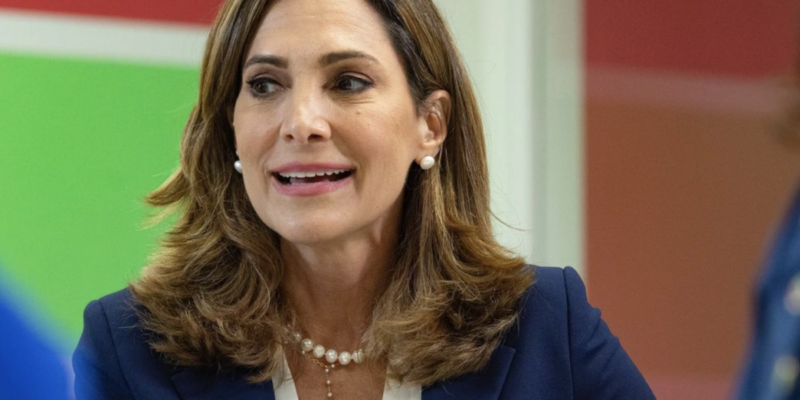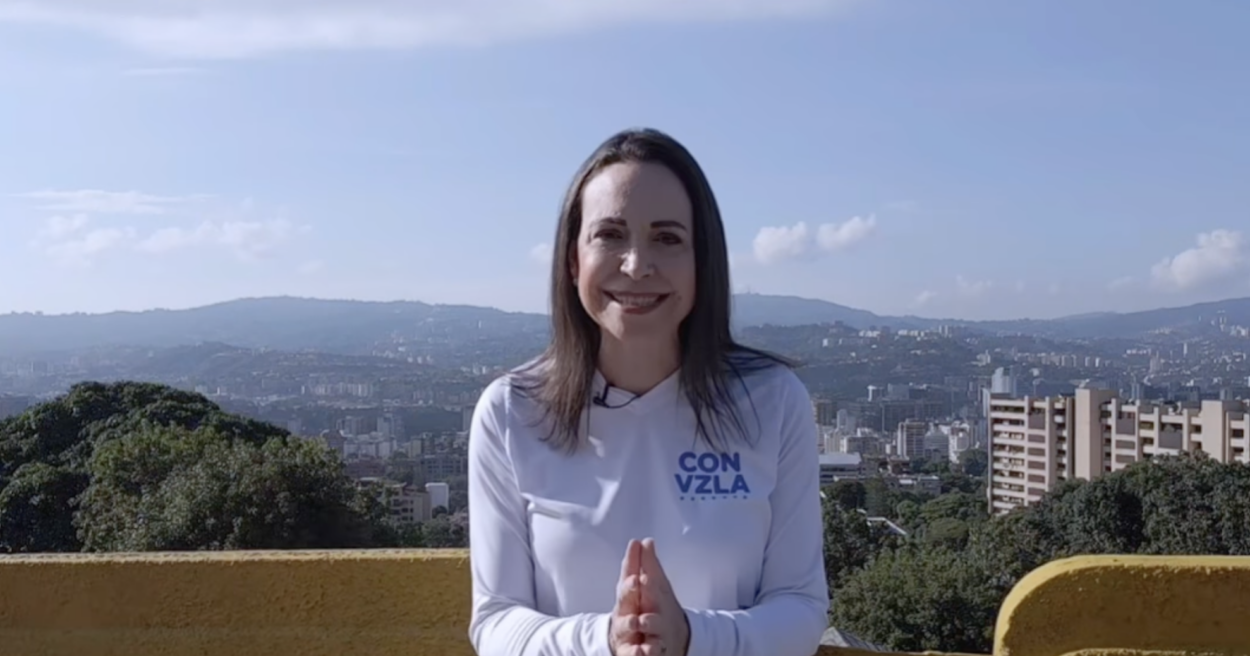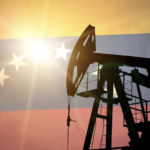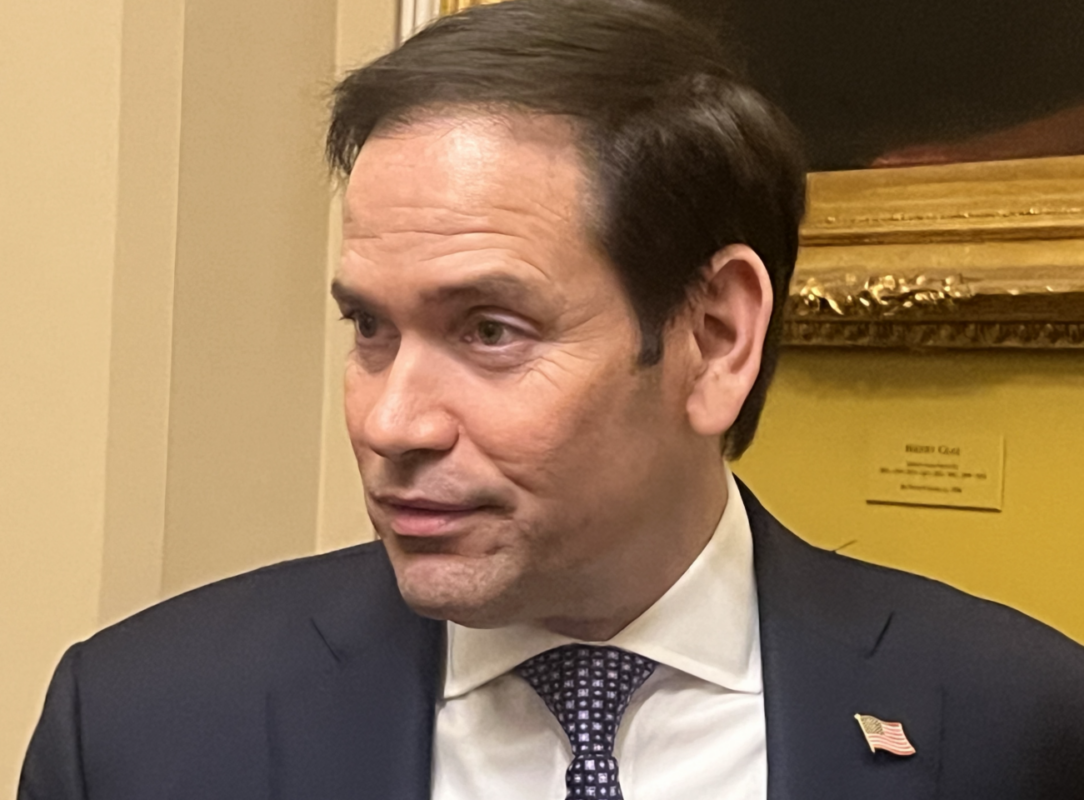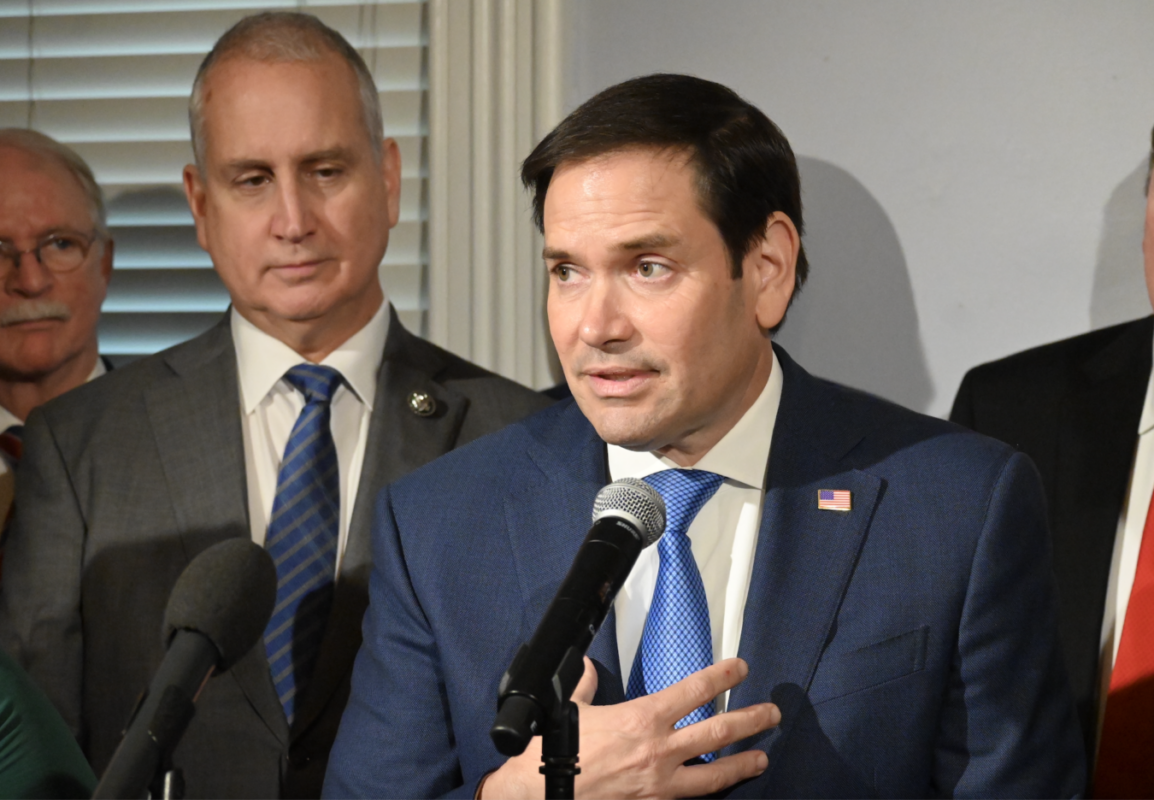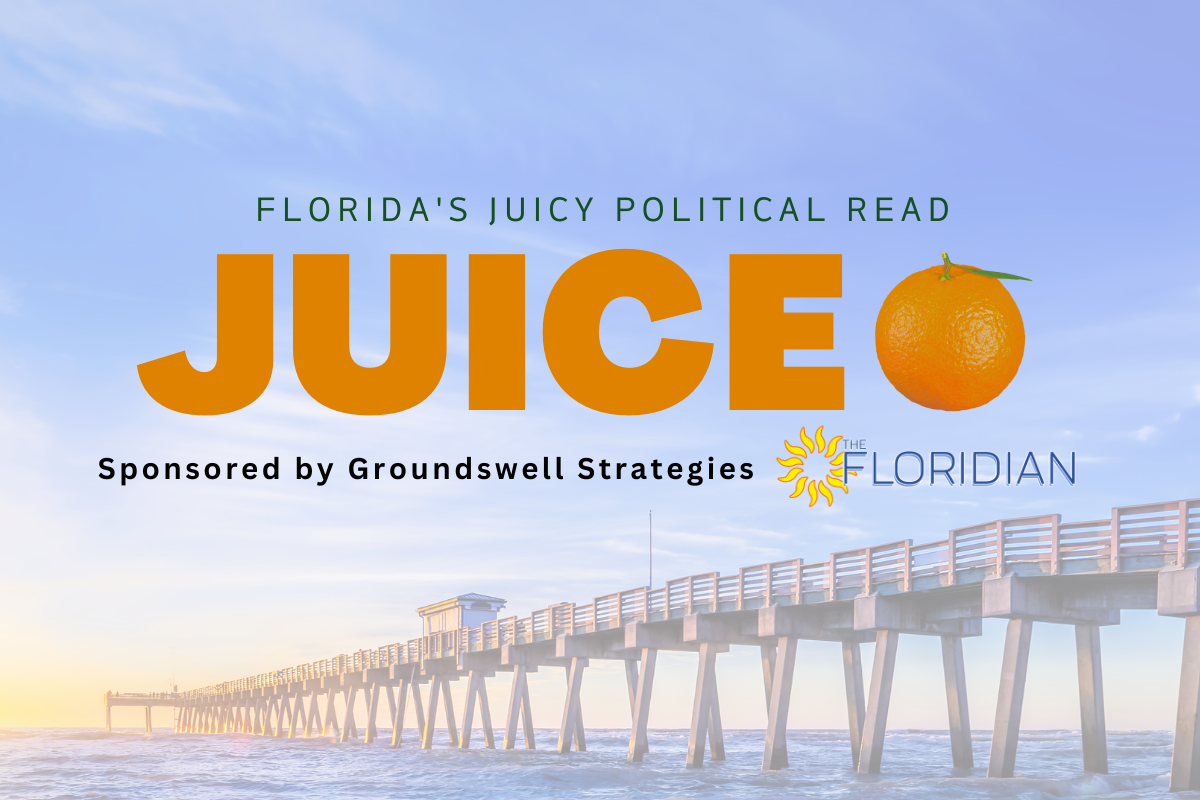August marked an important month for Venezuela as the country voted to oust dictator Nicolas Maduro. Despite the numbers working against him, Maduro named himself the victor. Since then, the United States and international governments have called on Maduro to step down. To apply pressure to the Venezuelan government, Florida Rep. María Elvira Salazar (R) has introduced the VALOR Act, which would solidify sanctions against the Maduro regime.
Rep. Salazar, who is the chairwoman of the Western Hemisphere Subcommittee, was joined by Florida Reps. Debbie Wasserman Schultz (D), Mike Waltz (R), Jared Moskowitz (R), Carlos A. Giménez (R), and others in introducing the Venezuela Advancing Liberty, Opportunity, and Rights (VALOR) Act.
Florida Senator Rick Scott (R) and a bipartisan group of senators have introduced the Senate version of the legislation.
The bill is an effort from lawmakers to send a "clear message" to the Maduro regime after it proclaimed victory in what lawmakers argue was a fraudulent election.
In a statement, Rep. Salazar commented on the effort, saying that "the message needs to be sent loud and clear that the United States will be doing no more business with the Maduro dictatorship." "By passing the VALOR Act into law, Maduro will know that the United States is serious - listen to your people or pay the price."
According to a press release from Rep. Salazar's office, The VALOR Act would ensure the following:
- Establishes democratic benchmarks guiding the removal of sanctions on the Maduro regime and any non-democratic successor;
- Reaffirms financial sanctions on the Venezuelan Central Bank, Petróleos de Venezuela, S.A., and Venezuelan cryptocurrency;
- Requires the United States block participation of any non-democratic government of Venezuela at the Organization of American States, Inter-American Development Bank, and International Monetary Fund;
- Authorizes a $5M U.S. contribution to create an OAS Emergency Fund to deploy human rights monitors and electoral observers;
- Authorizes nongovernmental organizations to support humanitarian, democracy building, education, environmental protection, and non-commercial development projects in Venezuela directly benefiting the Venezuelan people;
- Blocks U.S. foreign assistance to any country providing assistance, including financial assistance (except humanitarian aid), to the Maduro regime or any non-democratic successor;
- Requires the president to develop an economic assistance plan to a democratically governed Venezuela and creates a “coordinating official” within the State Department to oversee development and implementation of such a plan; and
- Requires the president to submit a report to Congress outlining barriers and policy objectives on trade and investment between the U.S. and a democratically governed Venezuela.

